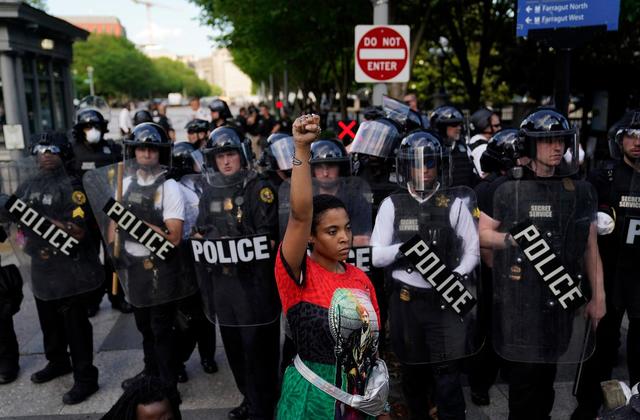The police usually benefit from a natural dividend in the autumn. Homicide rates tend to fall in September as the weather cools and teenagers head back to classrooms. But Mr Herrmann fears the country might not be as lucky this year. Many schools are unlikely to reopen. Courts have been shuttered, making it harder for prosecutors to stop gang violence. Michael LiPetri, chief of crime-control strategies at the NYPD, says the share of shootings involving gang members in his city has more than doubled since last year. And, as Jens Ludwig, director of the University of Chicago Crime Lab, points out, America’s covid-induced recession will take a serious toll on city finances, putting further pressure on the budgets of police departments.

Drastically cutting police funding without adequately investing in other areas, such as social work, would be risky. A recent working paper by Tanaya Devi and Roland Fryer, both economists at Harvard University, analysed the impact of state and federal investigations into police departments. It found that, though most probes had a small positive impact in reducing crime, “viral” ones prompted by national scrutiny appear to cause the police to retreat too far. When Freddie Gray was killed by the Baltimore police in 2015, the national media and federal investigators poured into the city. Police officers, fearful for their jobs, pulled back. They stopped fewer people in the streets and arrested fewer suspects. And homicides rose.












